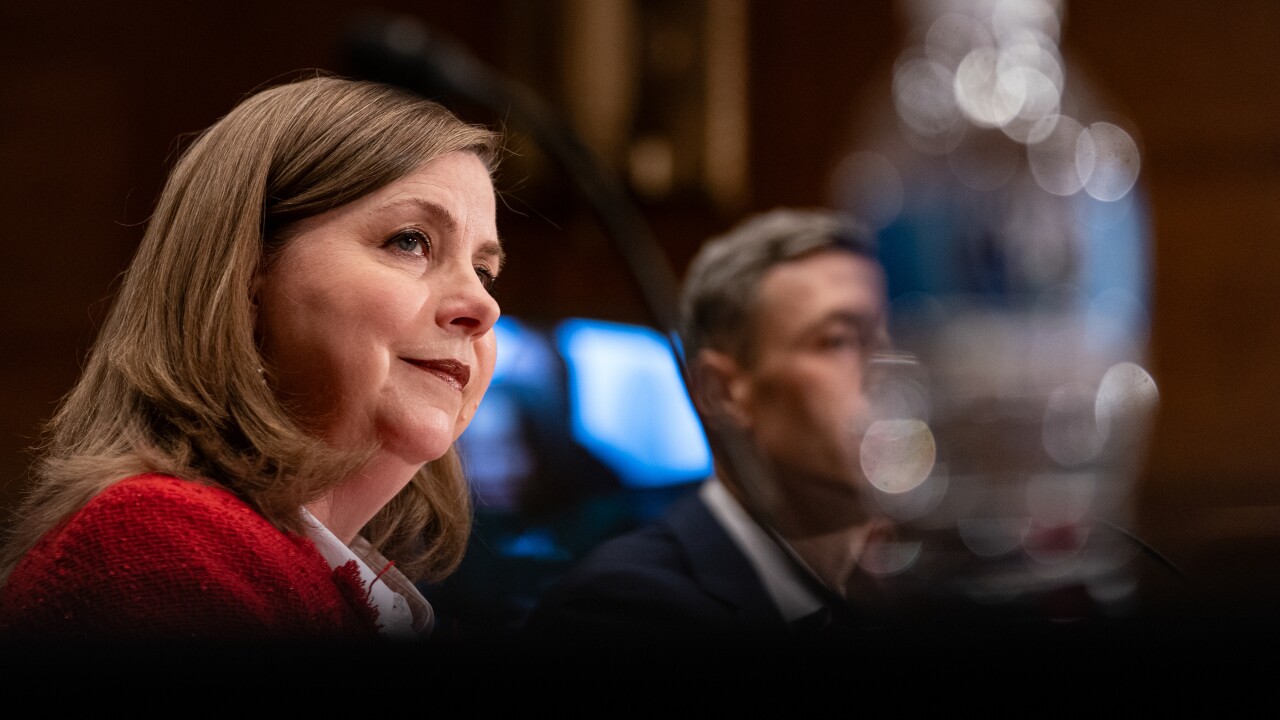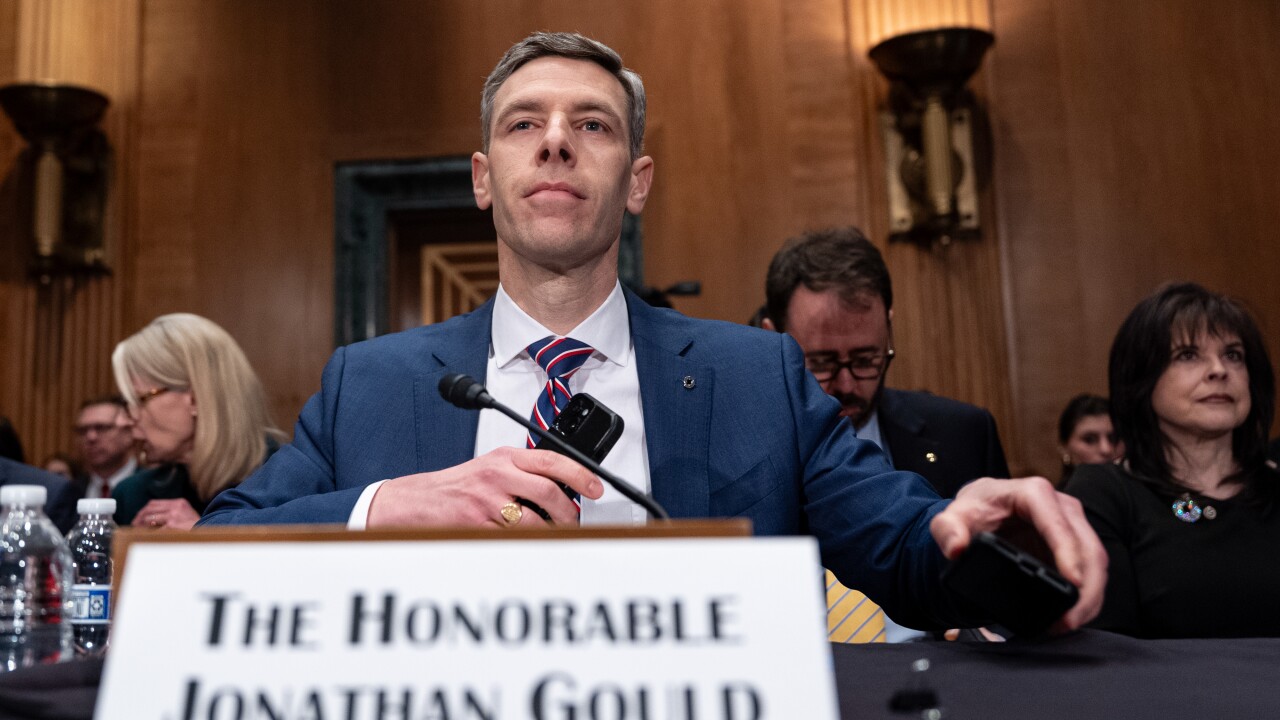-
As long as the federal government can print money at will, the politicians (both Democrats and Republicans) will accumulate debt until the United States experiences a financial collapse.
September 24 -
The banking system should not be used to hide the cost of Congress's social programs.
September 25 -
Market participants will quickly fill the home finance gap. Financing homes is an excellent business. The S&Ls were successful in this market for 50 years before they were destroyed by government policy.
September 26
In my previous three posts, I described what I believe needs to be done to reform our
In fact, it will make problems bigger in the long term.
The four major deficiencies of Dodd-Frank are:
- The consumer compliance segment of the law is not about consumer compliance, it is about credit allocation. This is a fundamental move toward statism. If the government wants to control the economic system, the most effective way to do so is to control the allocation of credit and capital.
- The legislation does not deal with "too big to fail." Instead, it identifies companies that are too big to fail and ensures that they will be protected by the government.
- The Durbin amendment on debit card fees is price fixing. It will reduce the availability of banking services to low-income consumers and increase costs for middle-income consumers. This is a government-mandated redistribution of wealth from bank shareholders and consumers to large retailers, such as Walgreens.
- The law radically expands the power of the Fed and banking regulators. It gives the institutions that created the crisis more ability to cause bigger problems in the future.
The Dodd Frank bill should be repealed and not amended.
It is not fixable.
John Allison is the president and CEO of the Cato Institute and the former chairman and CEO of BB&T. This article is adapted from his just-published book, "





